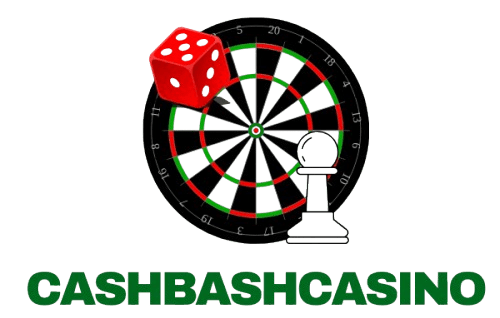Puzzle games have always occupied a special place in the gaming world. These games challenge players to think critically, solve complex problems, and use their creativity to dolar188 navigate through intricately designed environments. Over the years, PlayStation consoles have seen the rise of some of the most engaging and innovative puzzle games, taking the genre to new heights. Whether through environmental puzzles, logic challenges, or story-driven mysteries, PlayStation has provided a platform for puzzle games to evolve and captivate players with mind-bending mechanics and rewarding gameplay.
One of the earliest examples of a standout puzzle game on PlayStation is The Witness. Released in 2016, The Witness challenged players to explore a mysterious island filled with puzzles that required both critical thinking and observational skills. The game’s minimalist design and focus on environmental storytelling set it apart from other puzzle games. Players solved puzzles by tracing lines on interactive panels, which gradually grew in complexity as they uncovered new areas of the island. The puzzles were seamlessly integrated into the world, encouraging players to engage with their surroundings and think deeply about the connections between different elements. The Witness was praised for its elegant design and the sense of discovery that permeated every puzzle, proving that puzzle games could be both intellectually stimulating and narratively rich.
Another beloved puzzle game on PlayStation is Portal, a game known for its innovative use of portals as a puzzle-solving mechanic. Although initially released on PC, Portal later made its way to PlayStation and quickly became a fan favorite. The game placed players in the role of a test subject in a mysterious laboratory, where they were tasked with solving puzzles using a portal gun that could create wormholes between two points in space. The game’s clever use of physics and spatial reasoning provided an entirely new approach to puzzle solving. The game’s dark humor and engaging story further elevated the experience, making Portal one of the most influential puzzle games of its time.
PlayStation also saw the rise of physics-based puzzle games like LittleBigPlanet and Human: Fall Flat. These games use the principles of physics and gravity to create puzzles that are both challenging and fun. In LittleBigPlanet, players solve puzzles while controlling a sackboy in a 2D platforming world filled with obstacles and interactive elements. The game’s sandbox-style design allowed players to create their own puzzles and share them with the community, fostering creativity and collaboration. Human: Fall Flat, on the other hand, gave players control of a wobbly character who must solve puzzles using unconventional methods. The game’s ragdoll physics and comical mechanics made it a hit with players looking for a lighthearted but mentally stimulating experience.
In addition to these titles, PlayStation has also been home to numerous indie puzzle games, such as Inside, The Talos Principle, and Braid. These games combine traditional puzzle-solving with deep storytelling and innovative mechanics. Inside, for instance, is a haunting puzzle platformer that tells a dark, atmospheric story without a single word of dialogue. The Talos Principle challenges players to solve puzzles in a philosophical world, asking questions about consciousness, existence, and free will. Braid, one of the earliest indie puzzle games to receive widespread acclaim, combined time manipulation mechanics with a touching narrative, creating a puzzle experience that was both emotionally resonant and intellectually satisfying.
